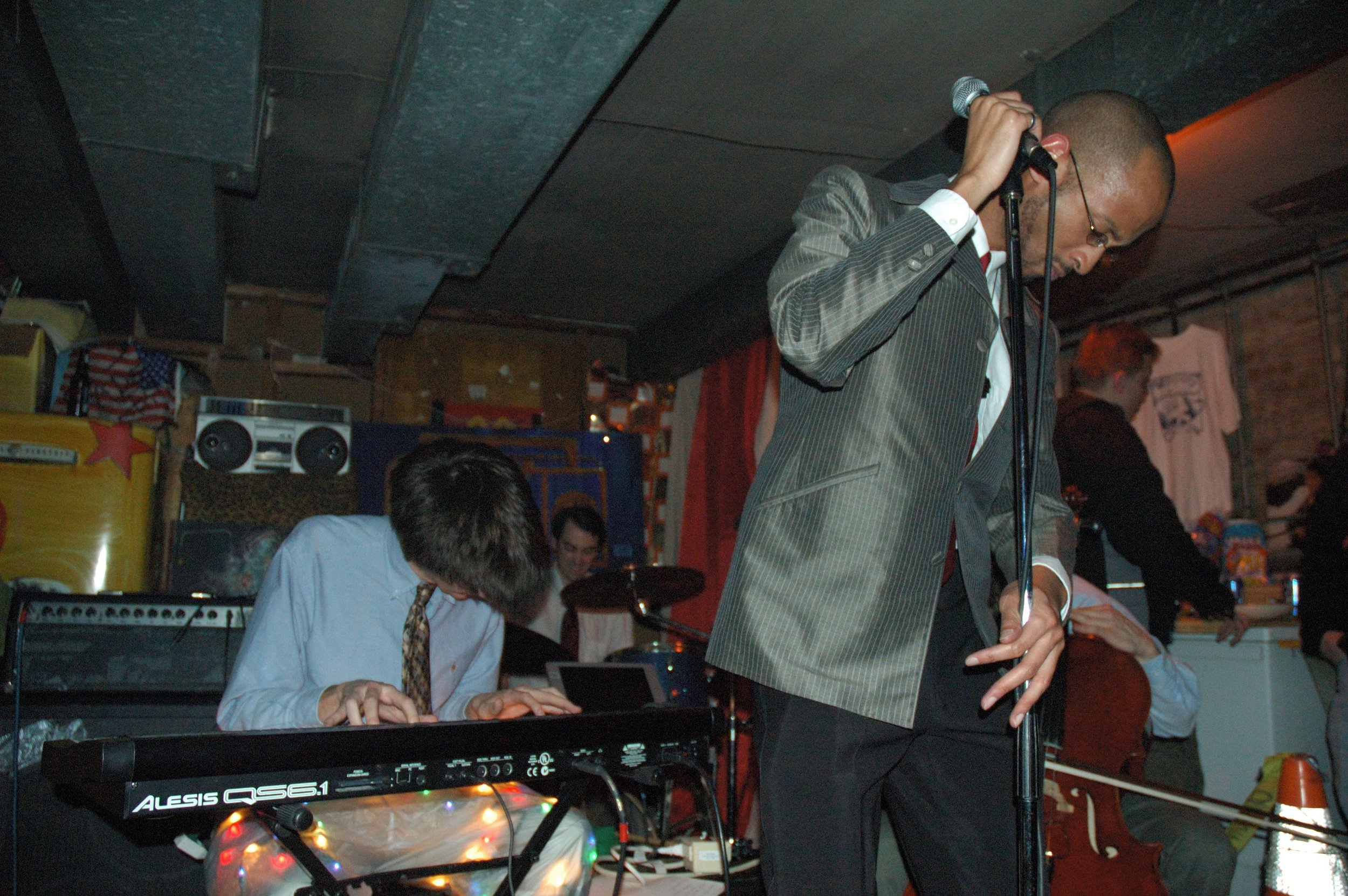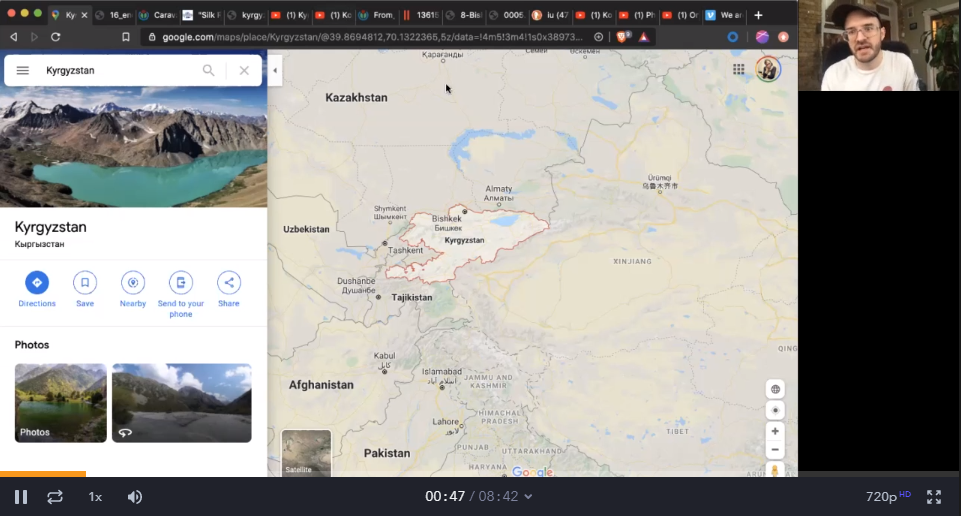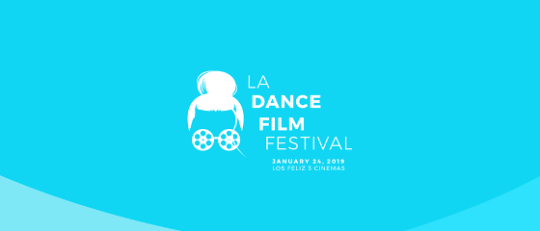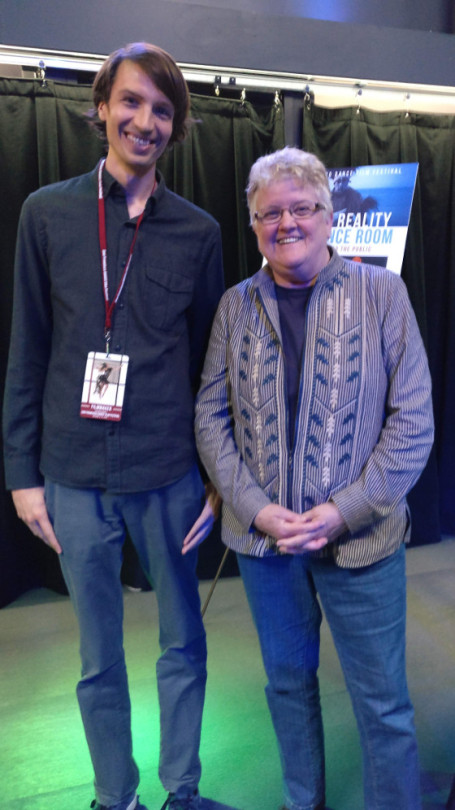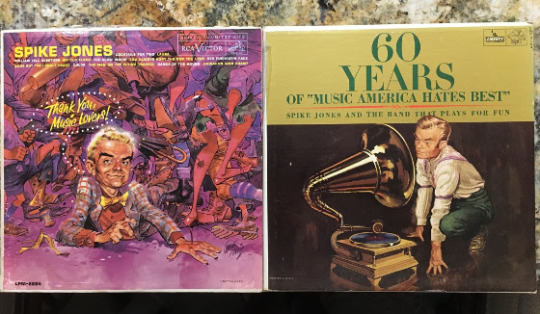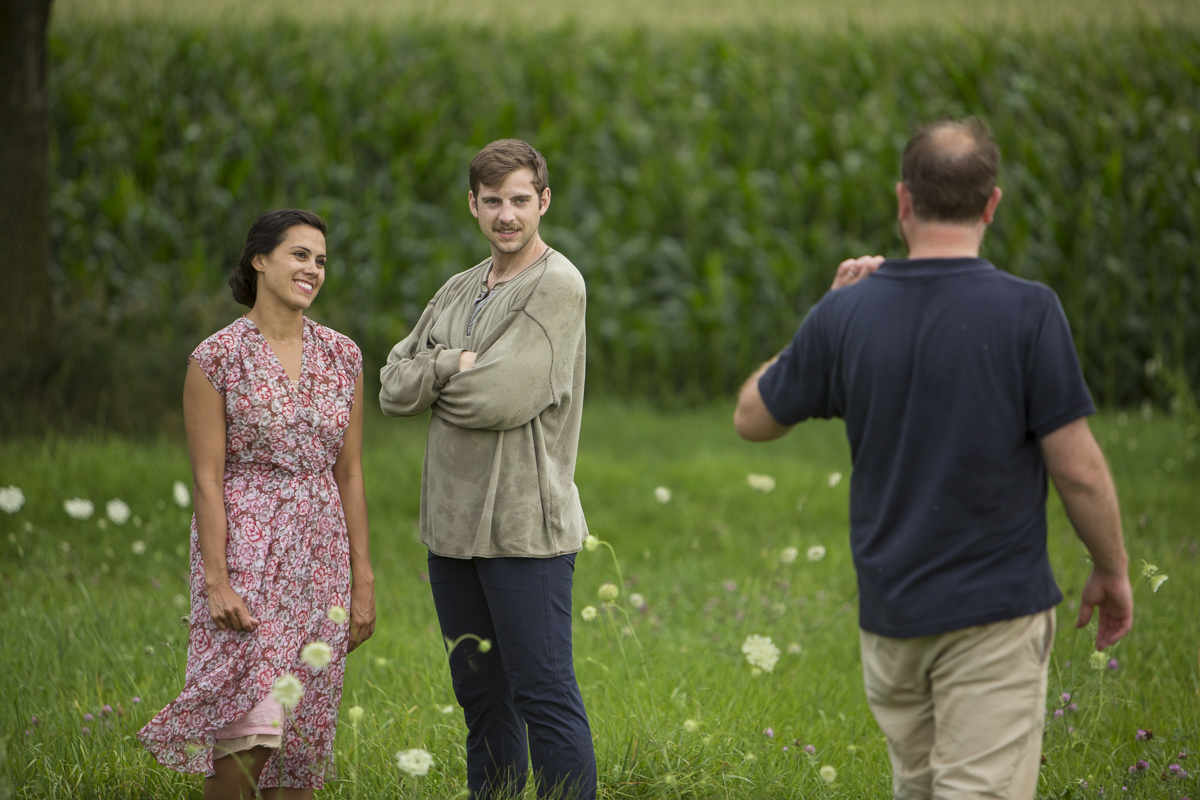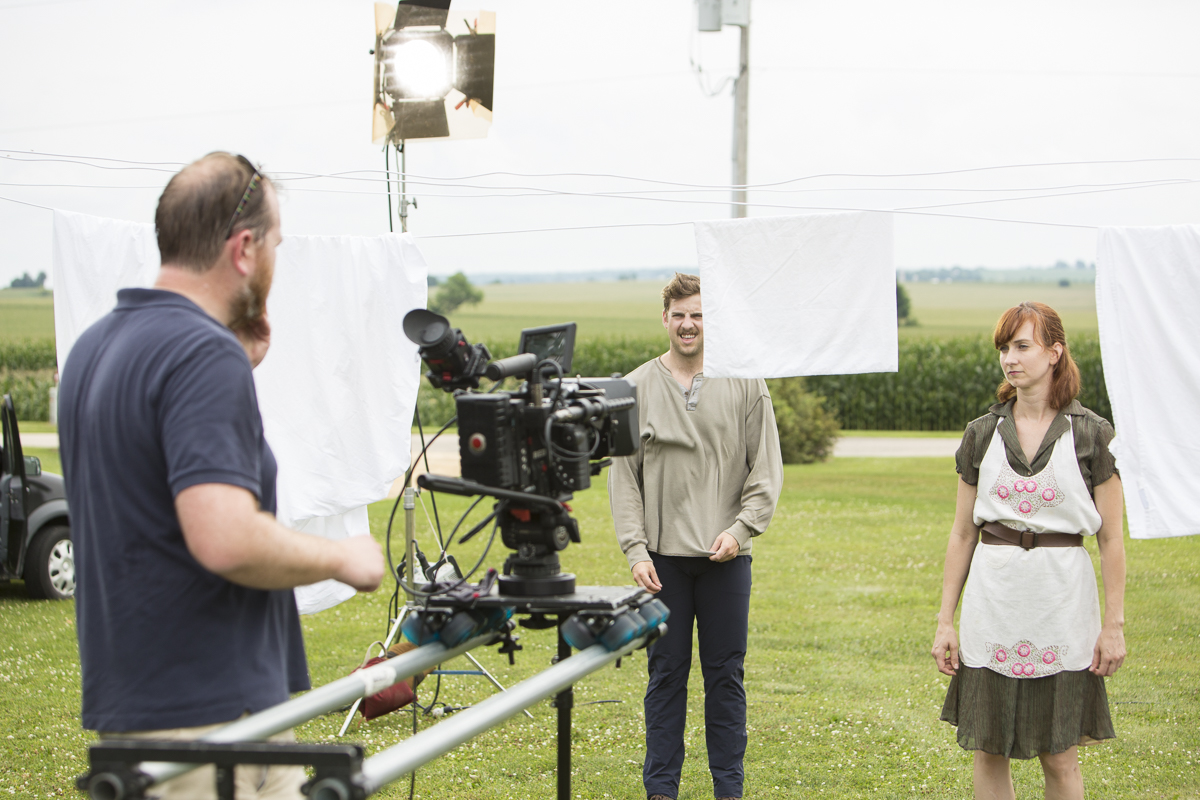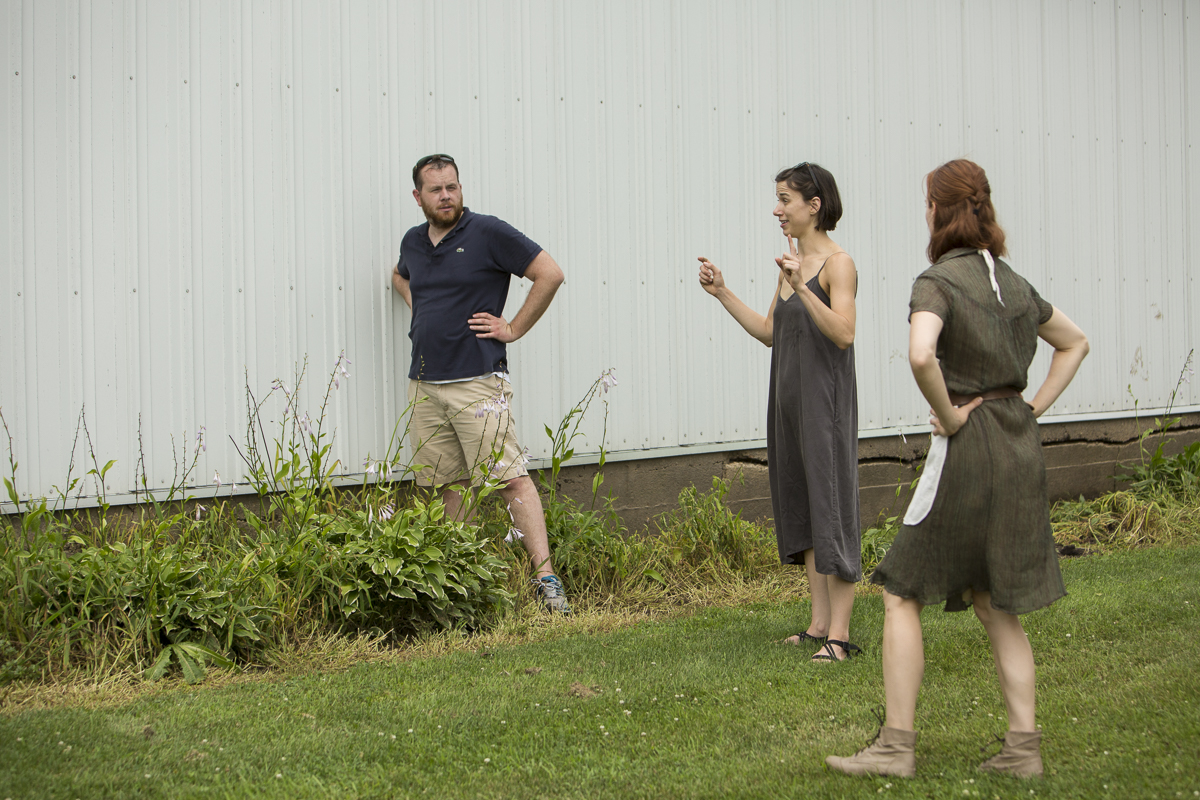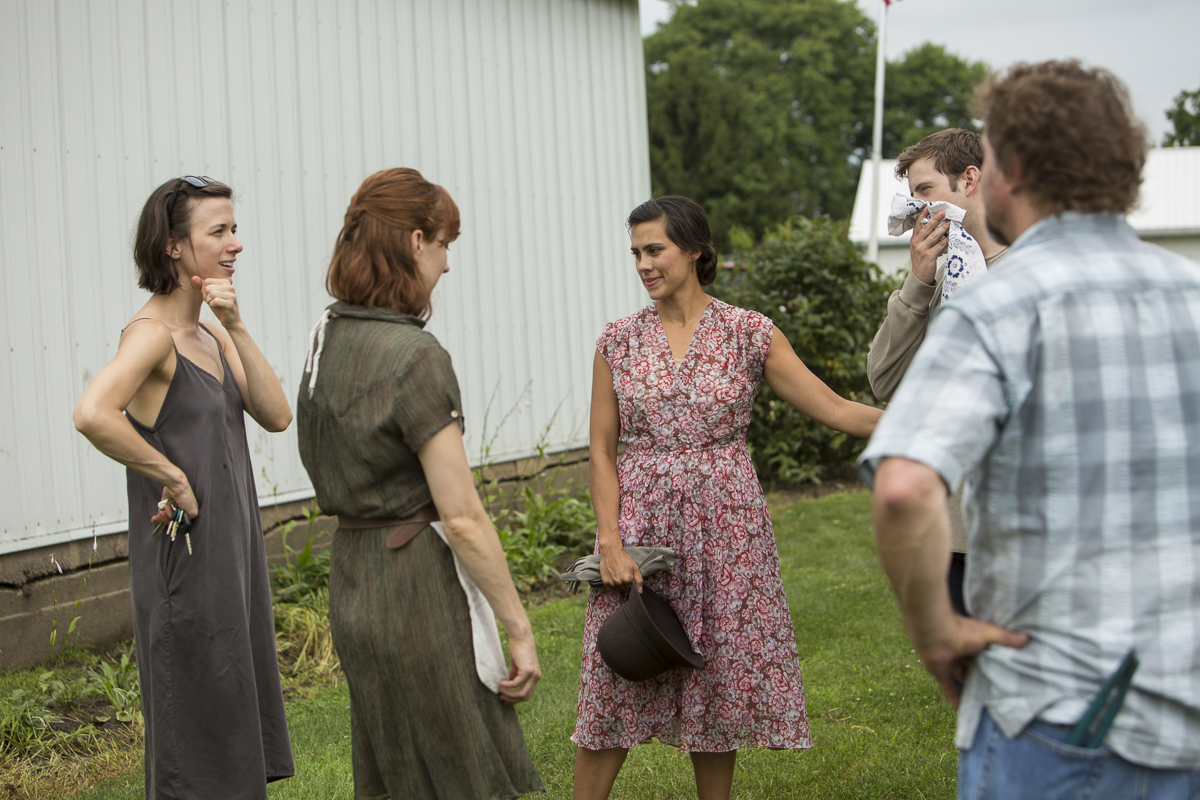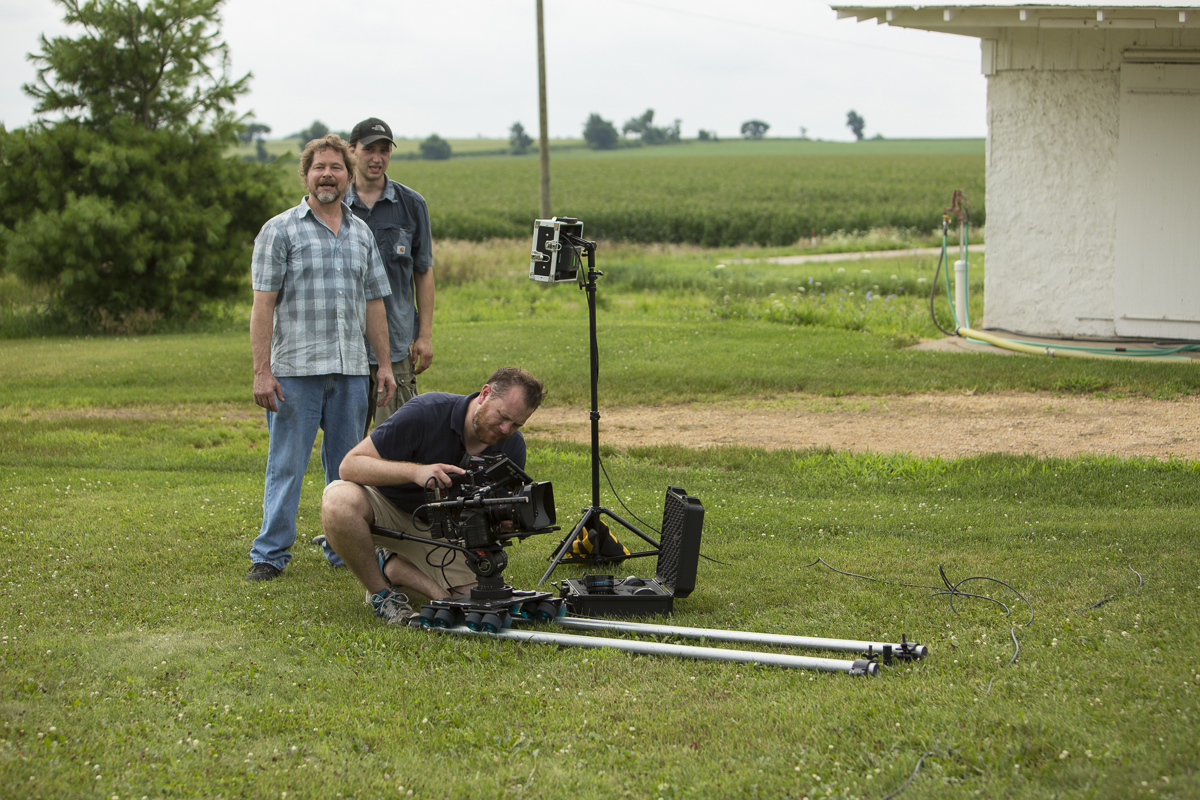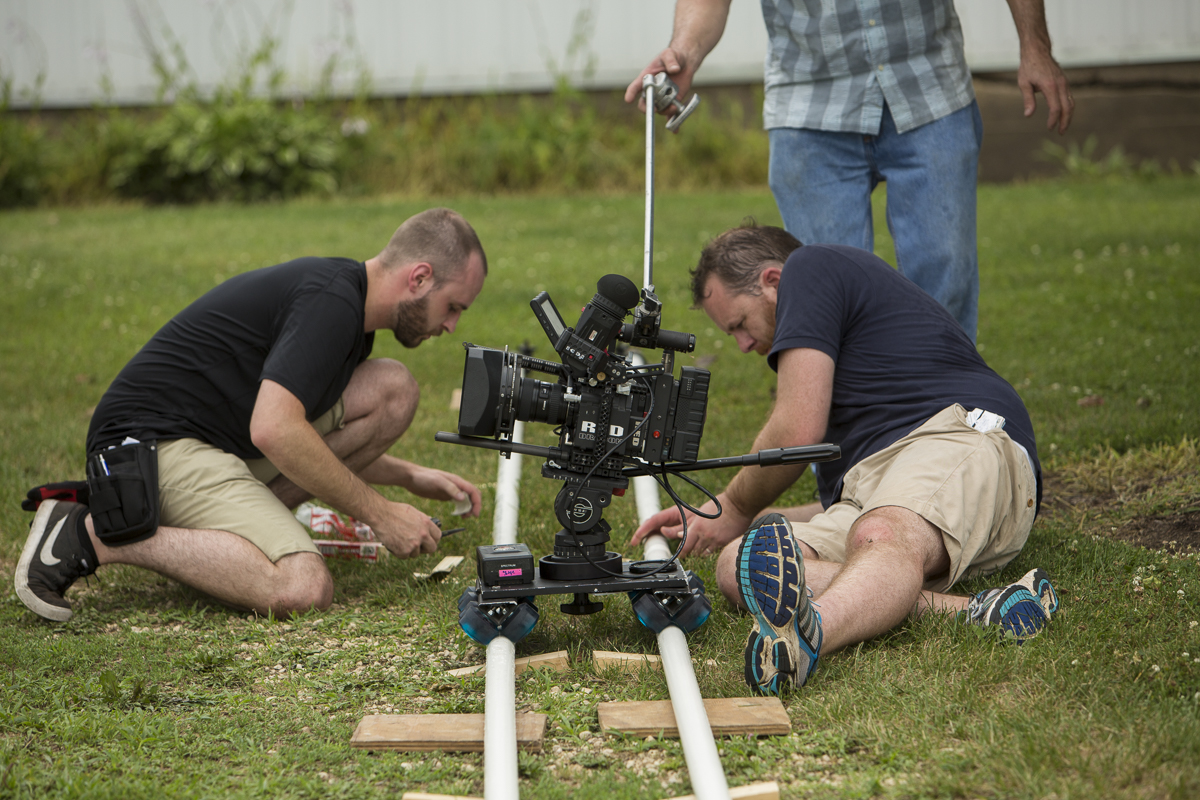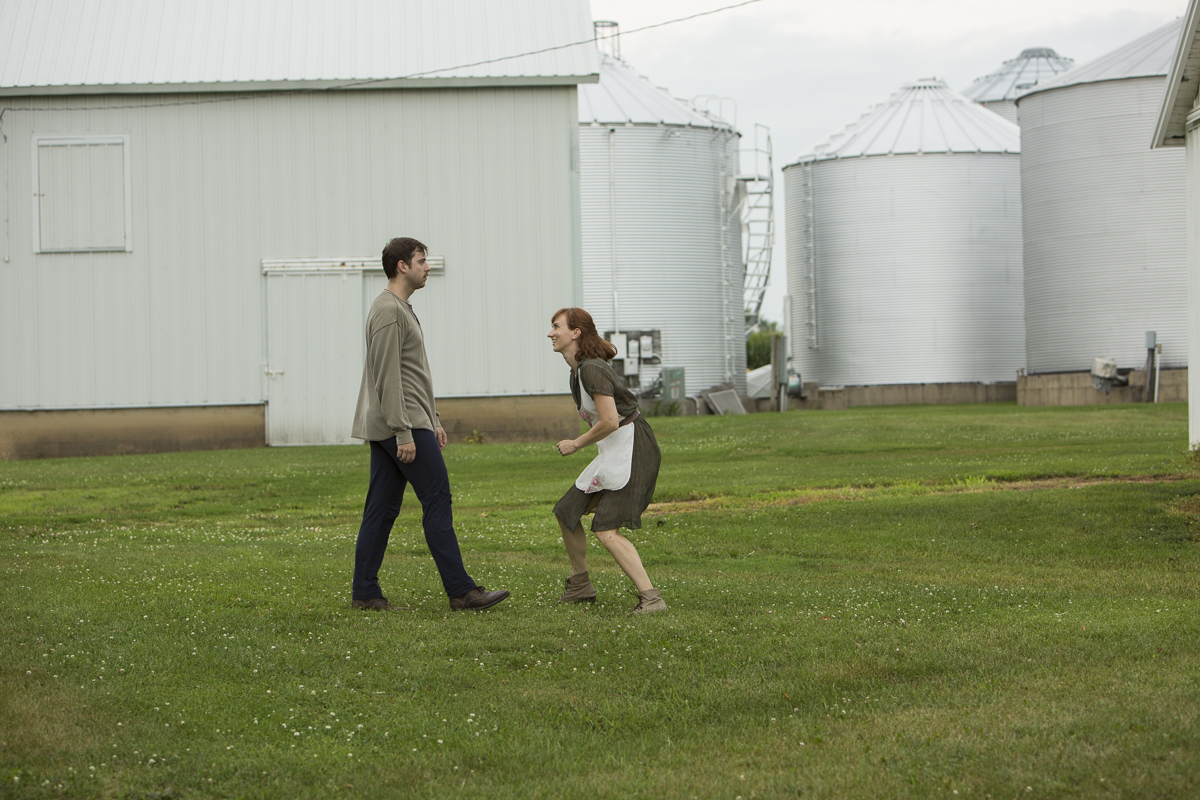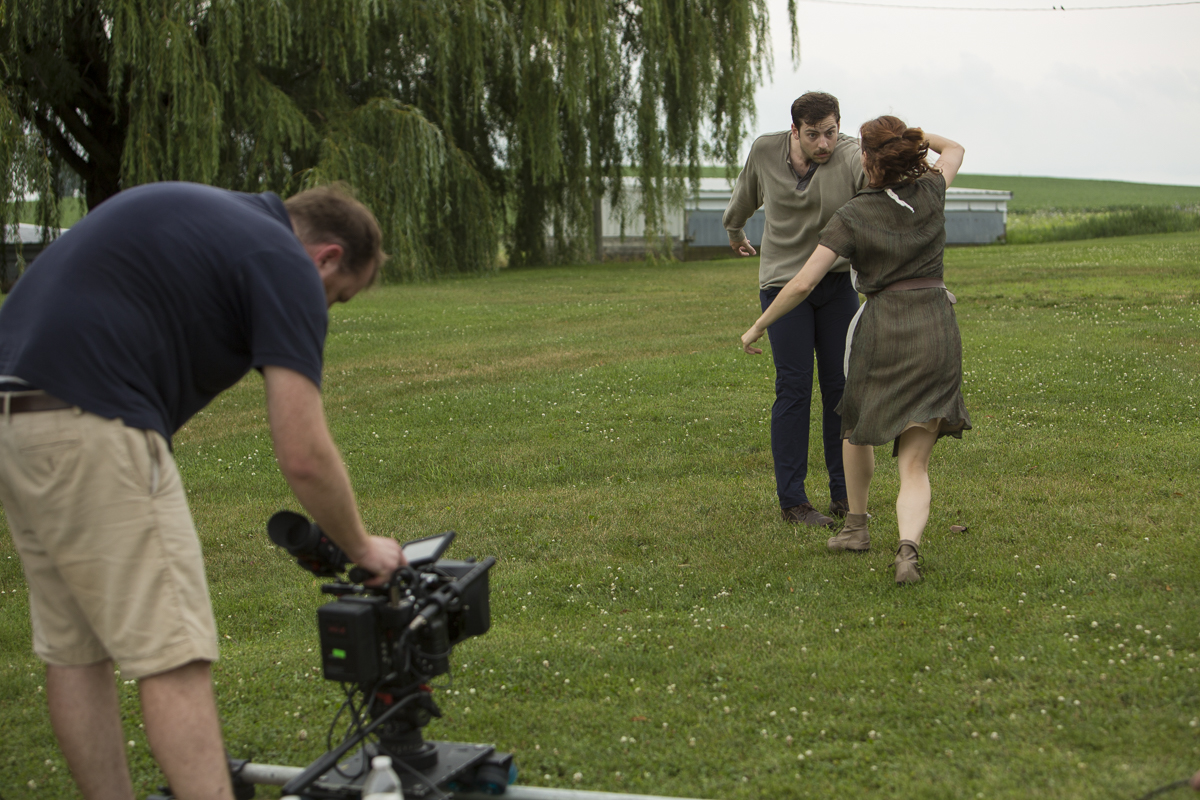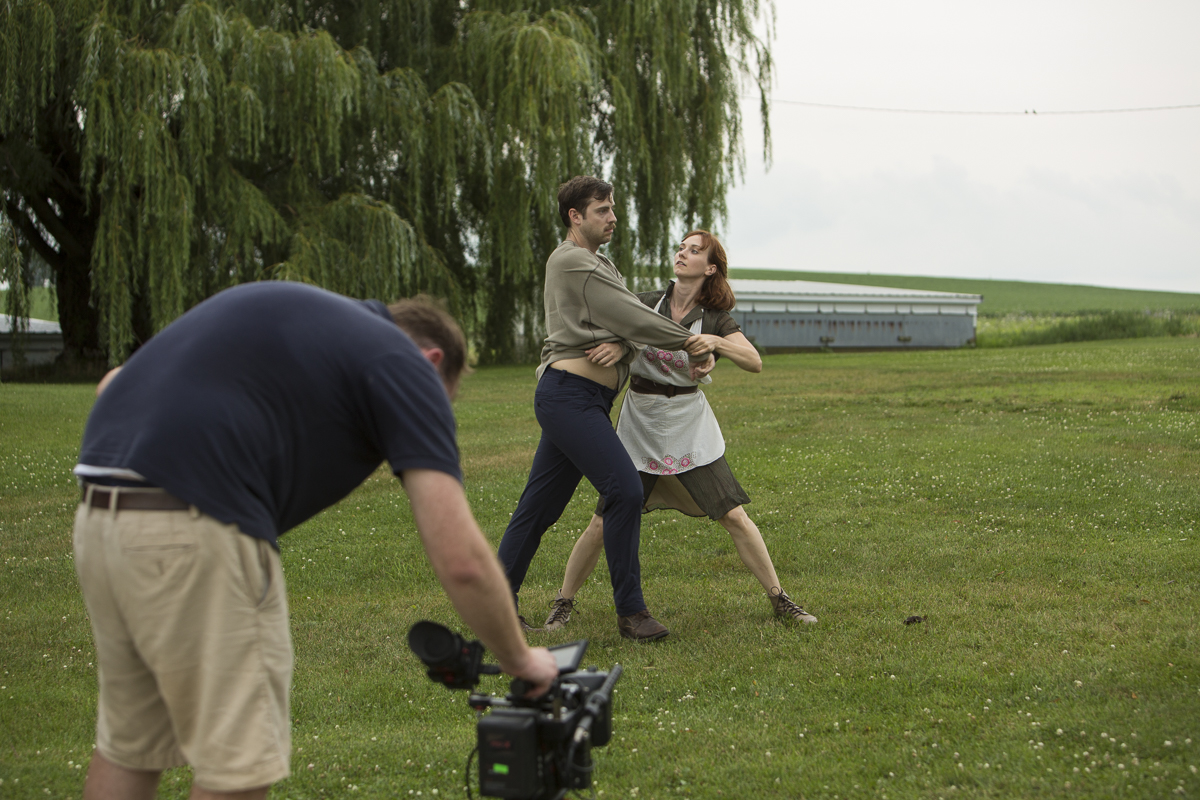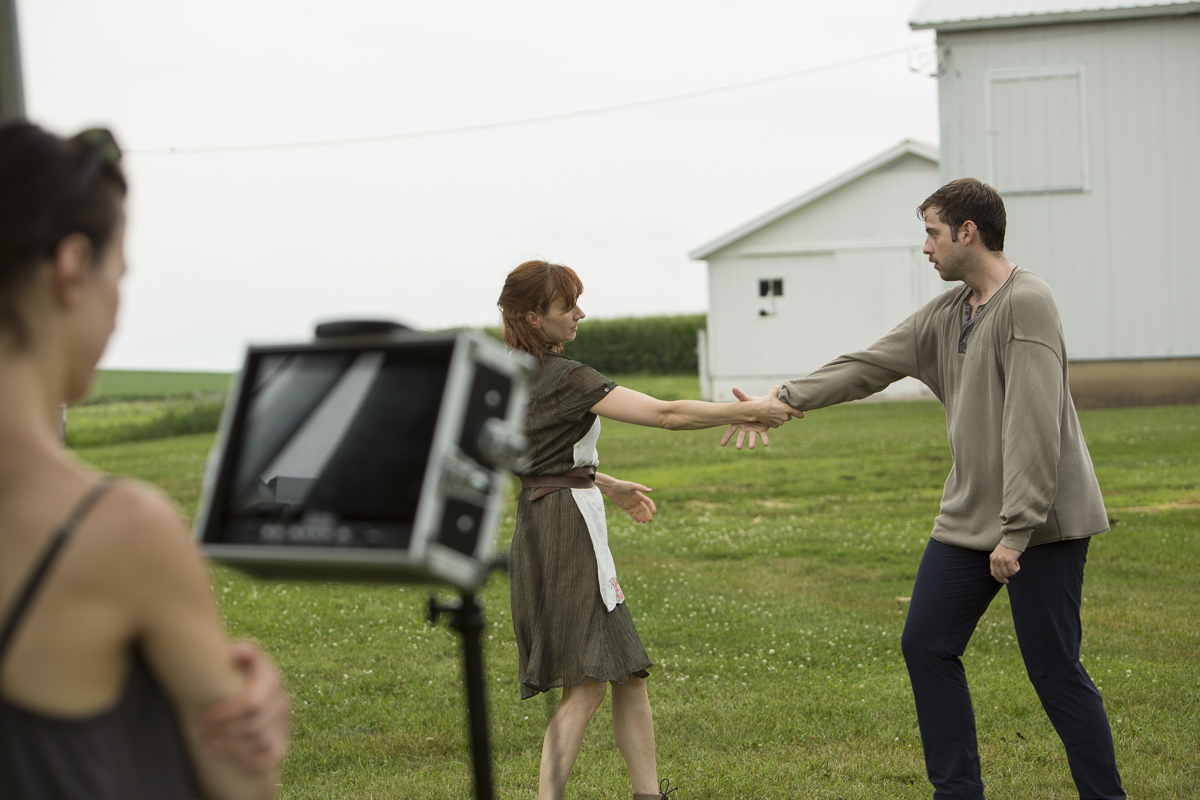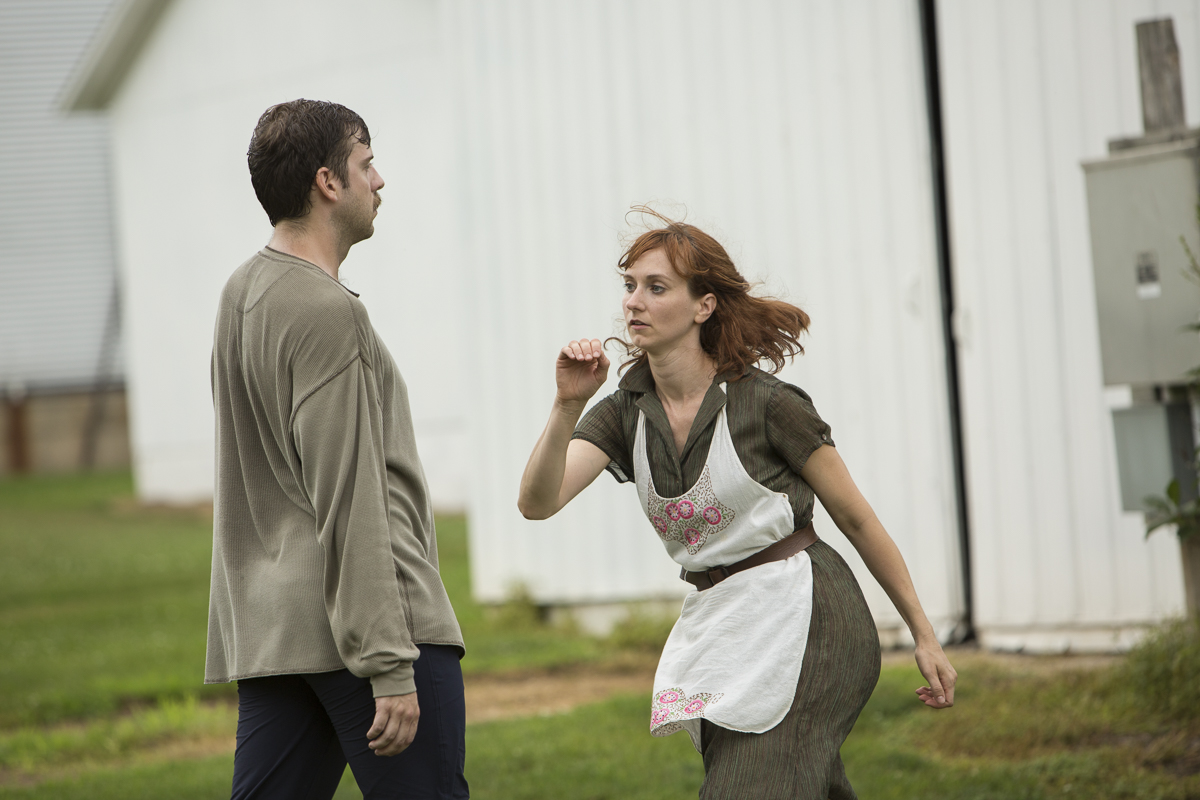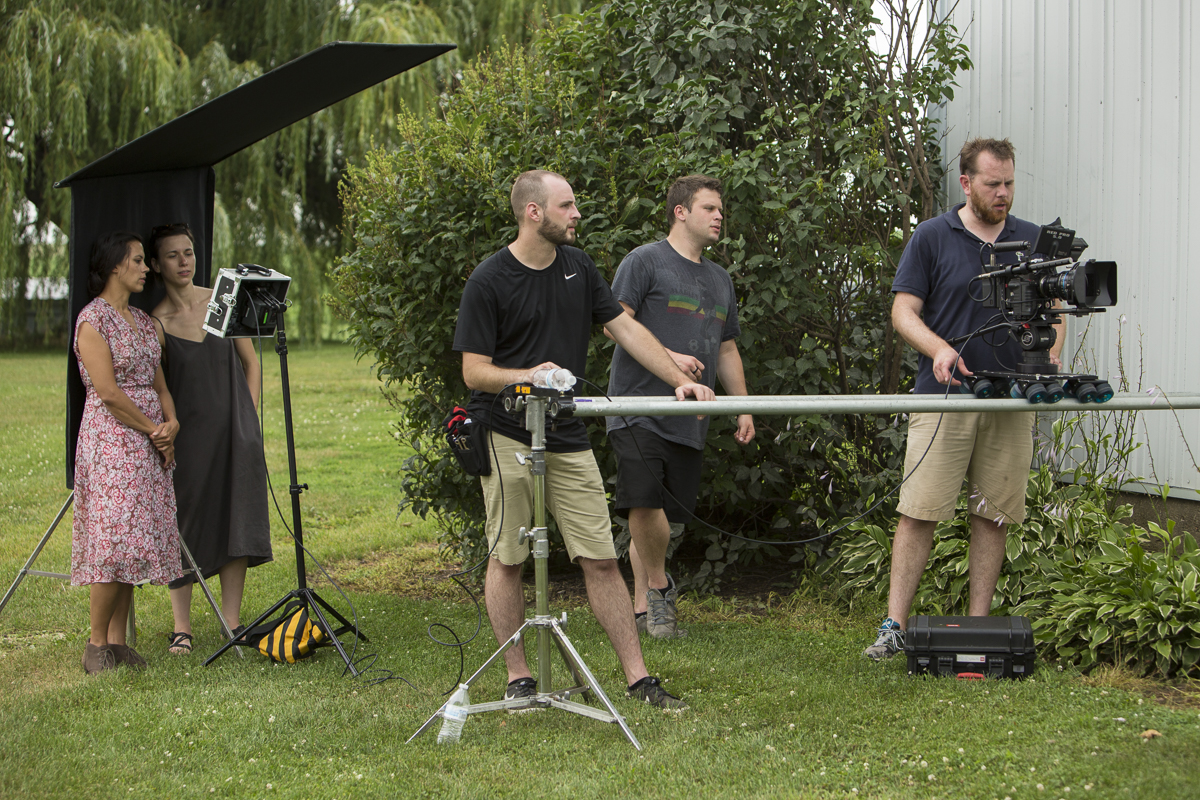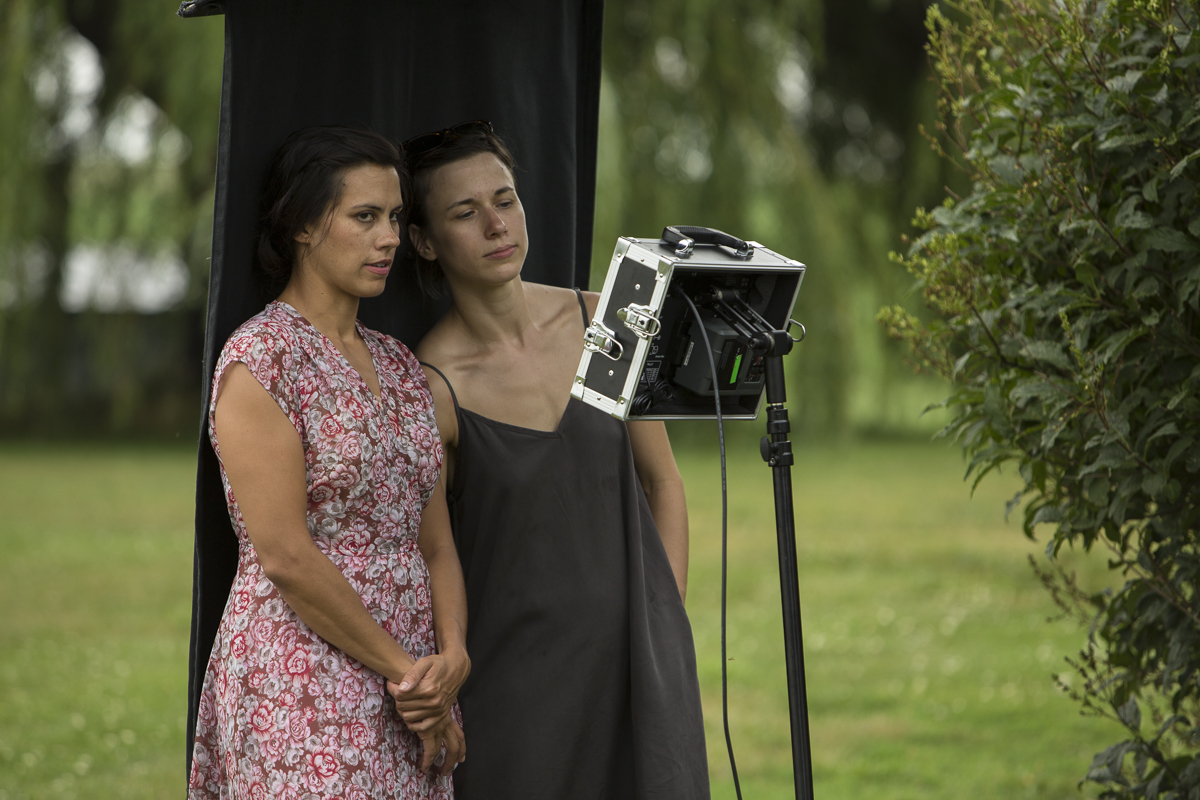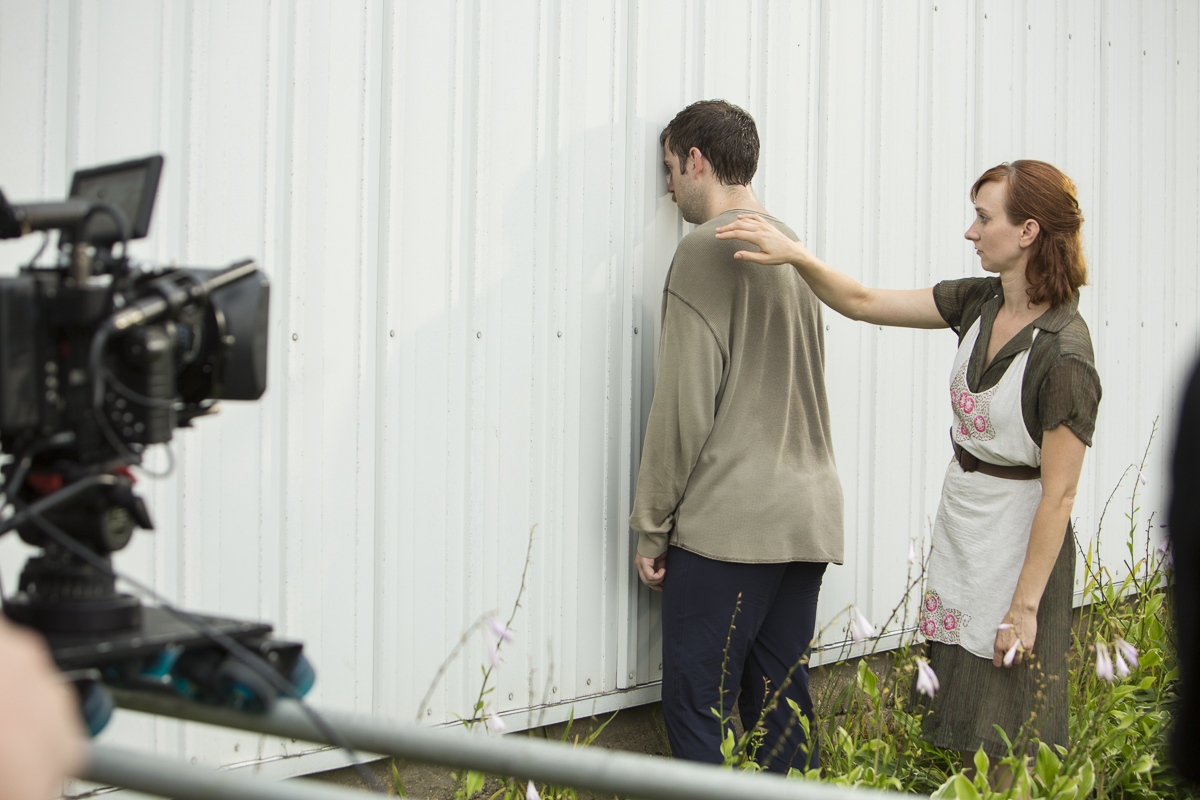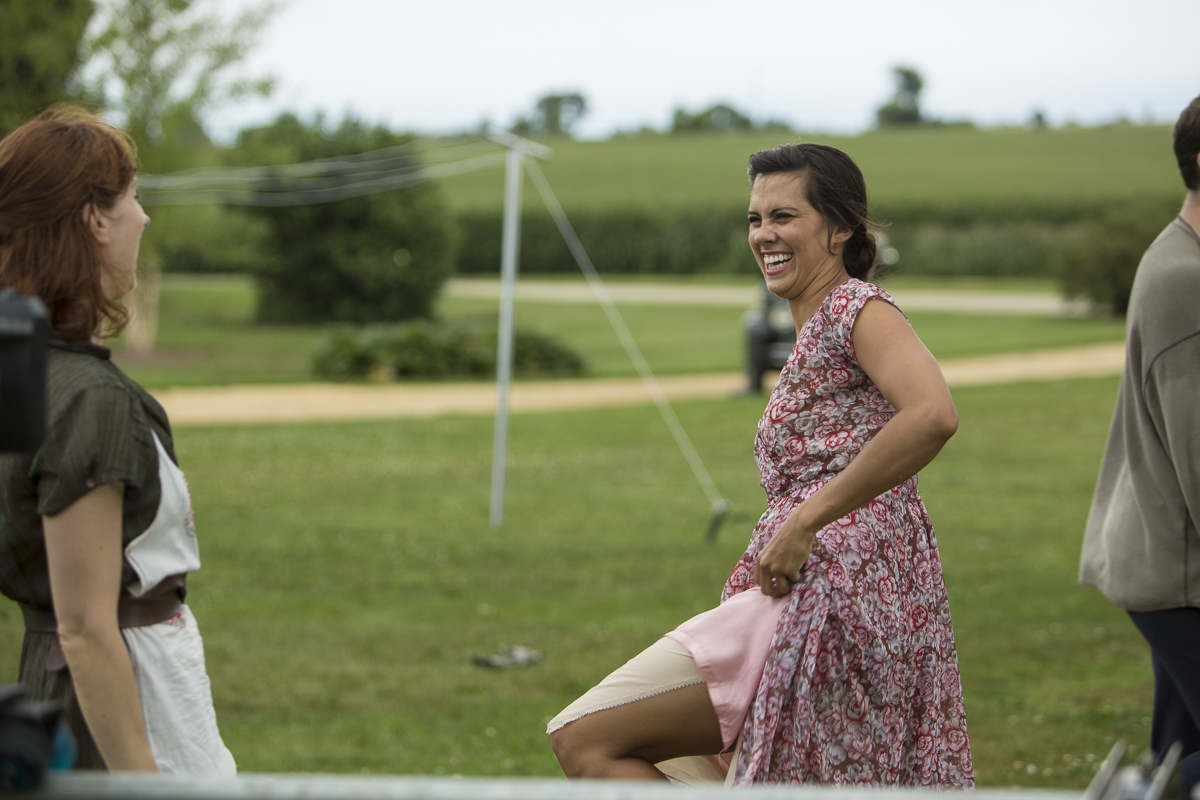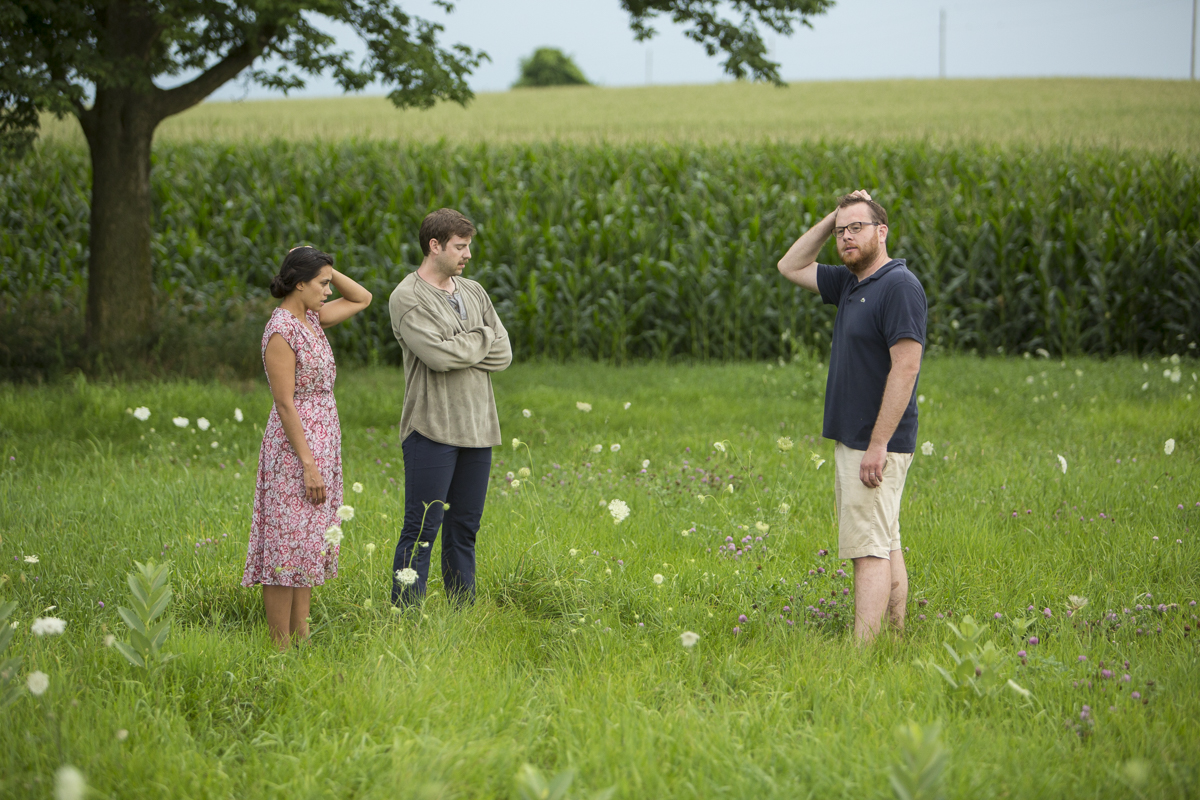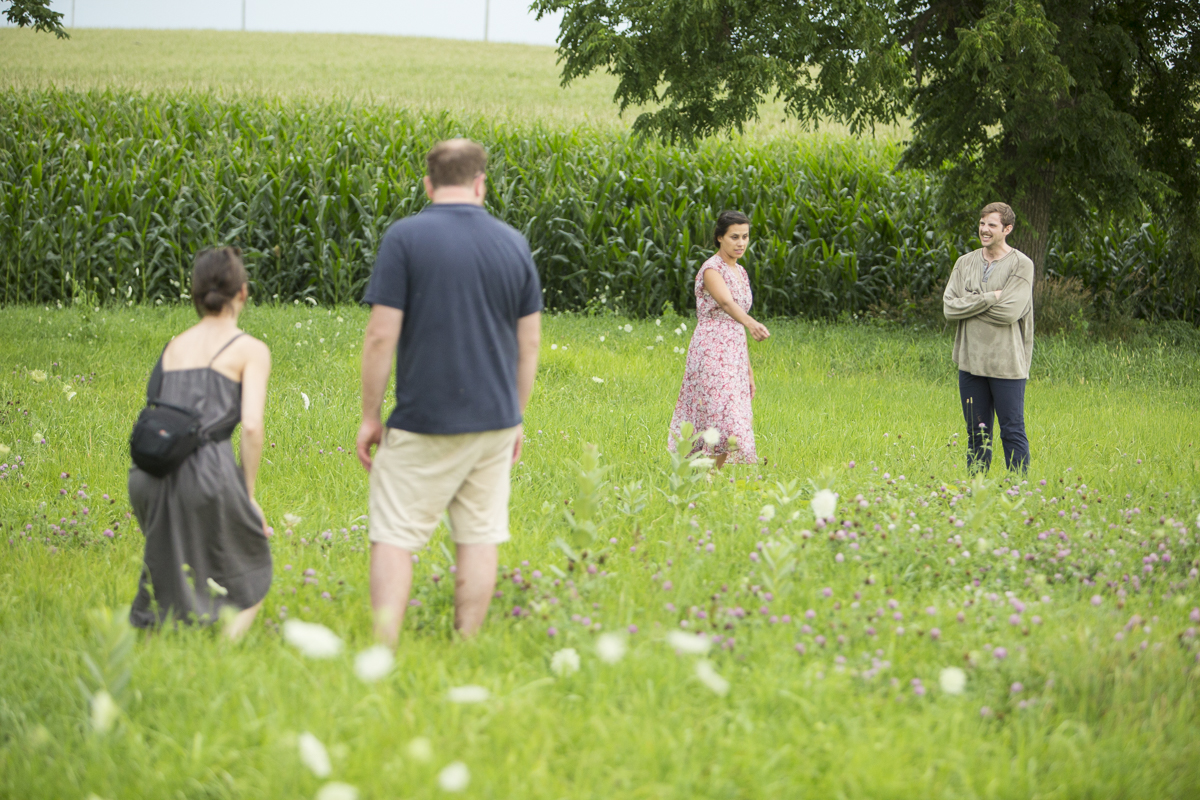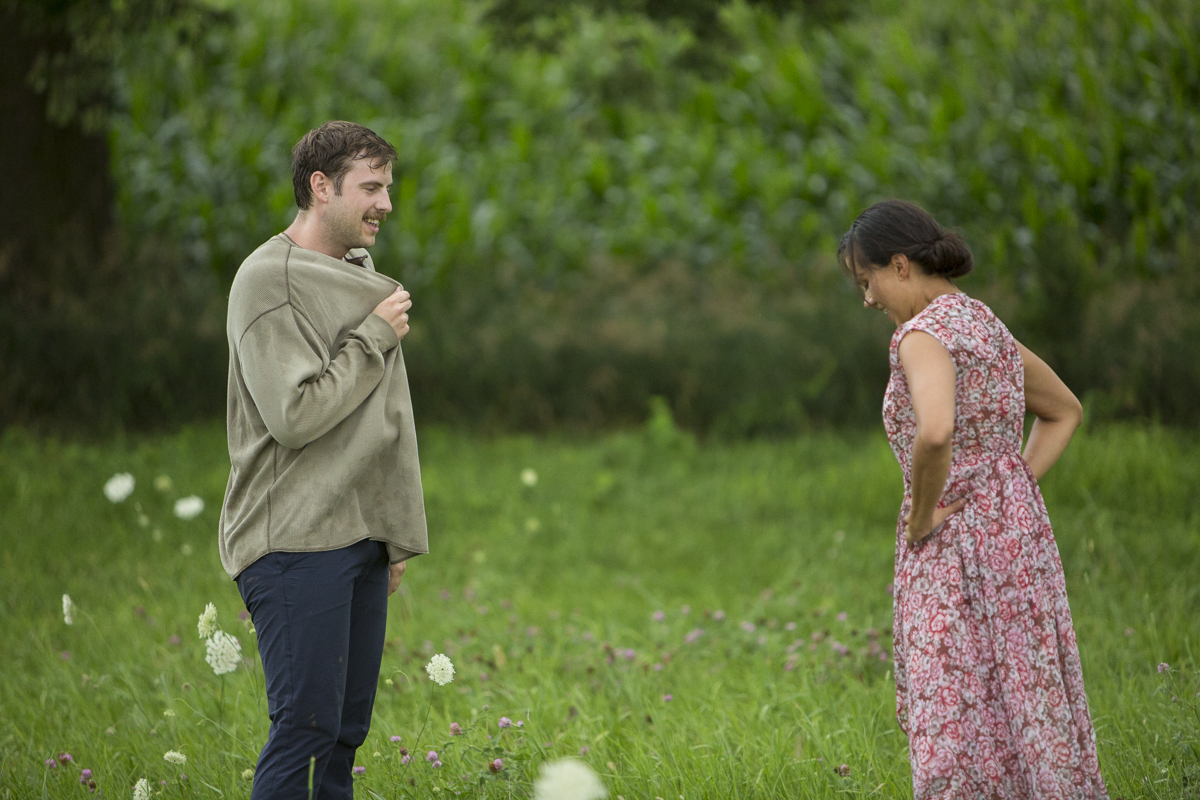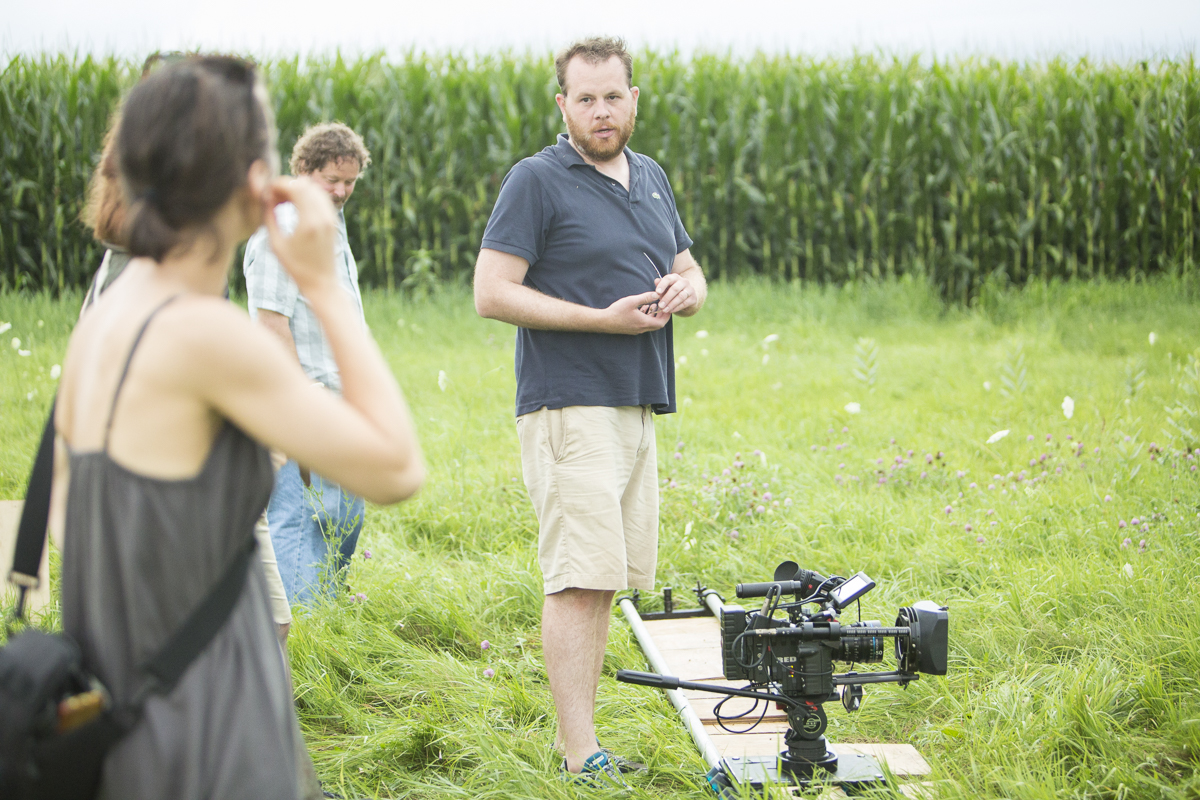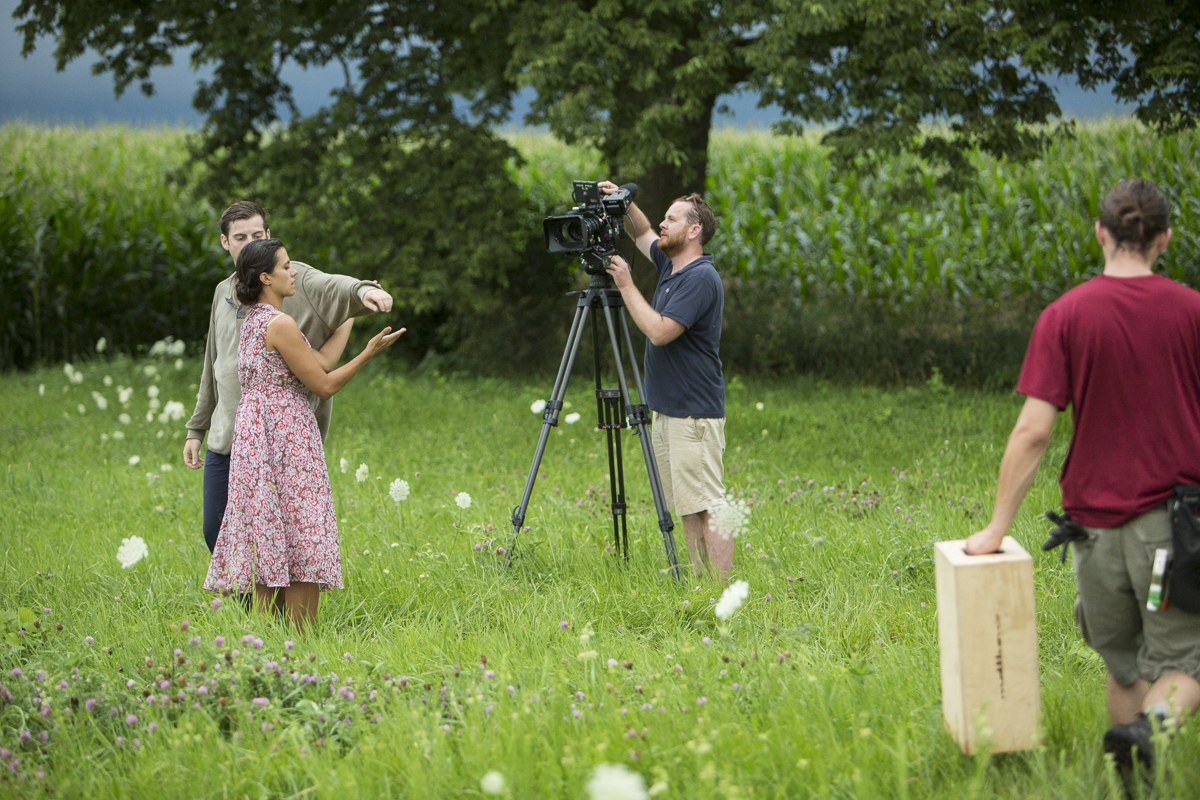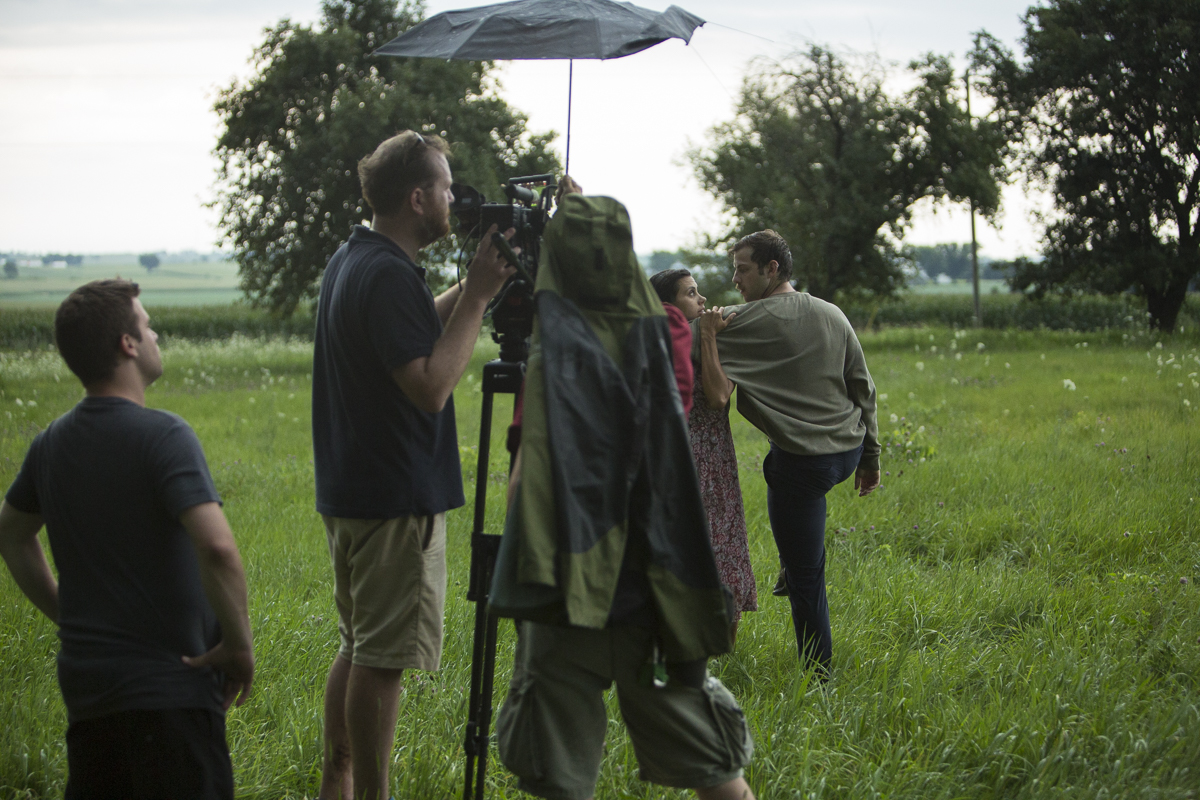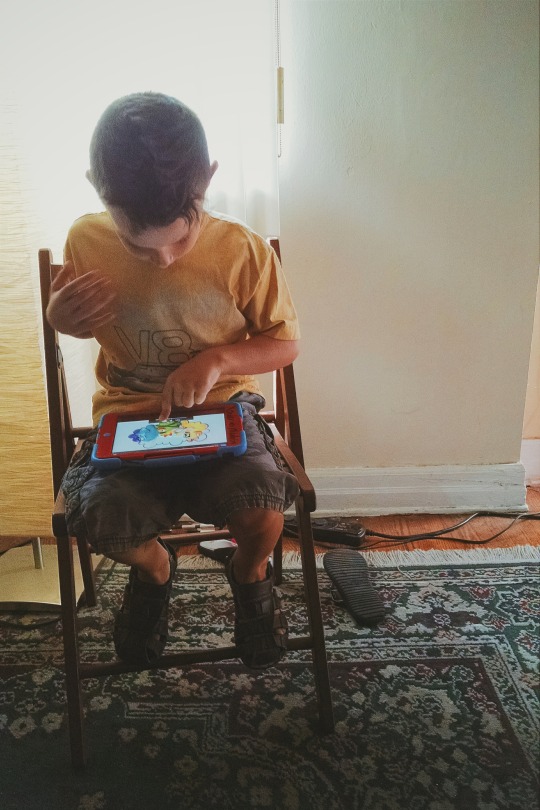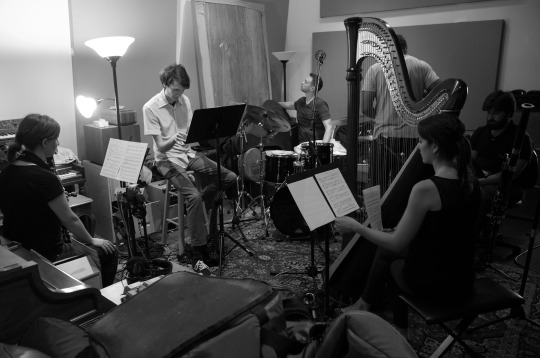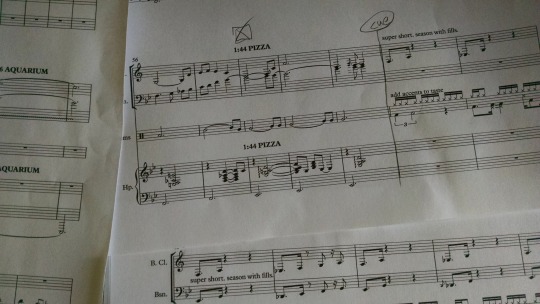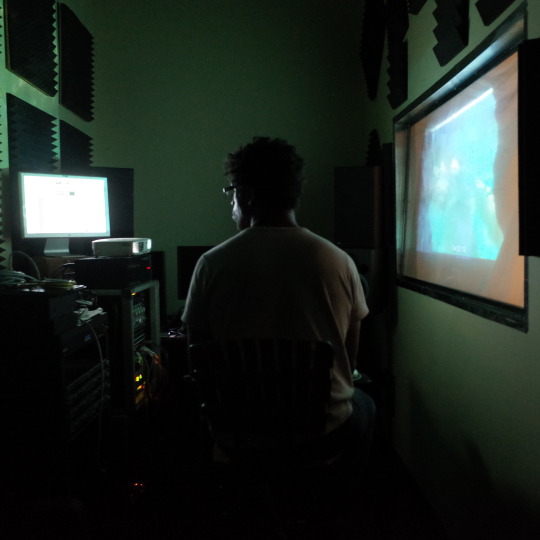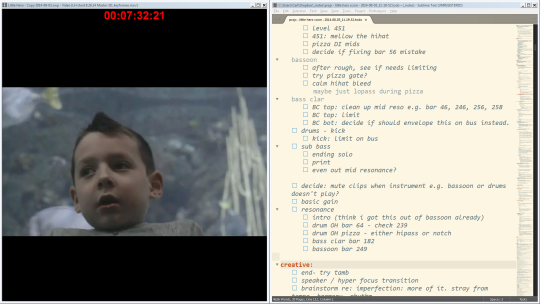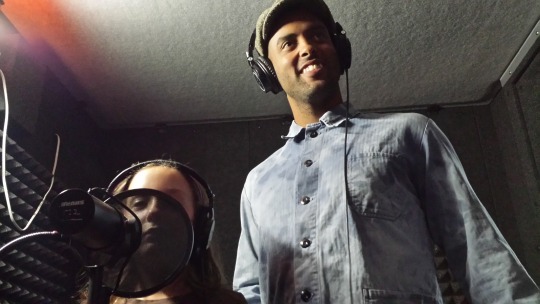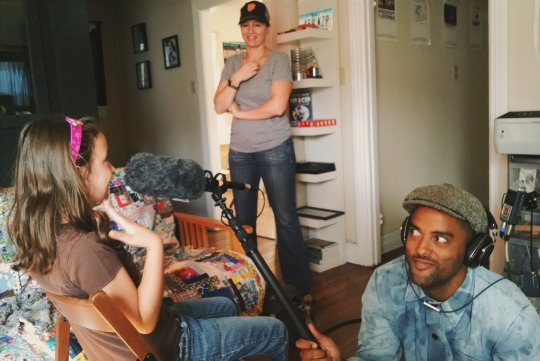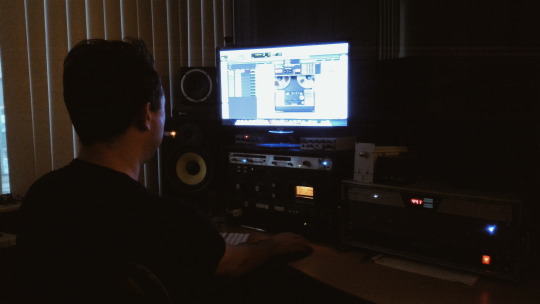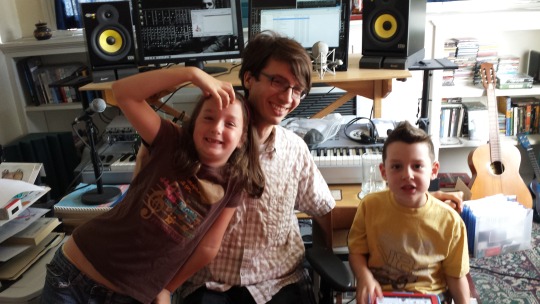
playing keys in 2006
Ten years ago I decided to pursue music “professionally"—probably the scariest and best decision I’ve made. To me, perhaps the most interesting thing about the experience has been how the ups and downs of creative work seem to have changed me as a person.
So instead of throwing a party I thought I’d share ten ideas I’ve personally found helpful for staying inspired, productive, and happy. And while the internet has no shortage of self-helpy articles for creatives (many by wiser people than me), perhaps posting this will help / publicly shame me into internalizing these lessons :)
I never want to take for granted how lucky I am to even have the opportunity to make music. Thank you all for being so supportive over the years.
don’t crush the baby bird
On my best days, making music is cathartic—it’s a relief and I love it. I’ve often considered it to be "part of who I am”.
So I was a bit shocked to discover it seems I’m capable of falling out of love with music! Usually when I’m trying too hard, in a bad mood, or taking something on the list below for granted. I’ve realized it’s a relationship I need to cultivate.
Thus, I try to hold my sense of inspiration gently, like a baby bird. If I crush the poor thing it’ll never grow up to be a badass falcon!
be in it for the right reasons
Music can:
- express emotion in a way words alone cannot
- lead to acclaim, financial stability, or looking cool on the internet
The former is incredible. The latter is incredible…ly rare—and for me, unhealthy to focus on. But in moments I’m not proud of, I do focus there. Desperately.
I want to be driven by the simple desire to learn, improve, and make music. On good days, I am.
If your goal is to be better than you were, if you’re competing only with yourself, it’s a more realistic place to be.
If you say “I don’t want to write songs unless I can write songs better than the Beatles”, it’s a hard road.
But if you say “I want to write a better song tomorrow than I wrote yesterday”, that’s something that can be done.
If you continuously do that, you’ll get better.
-Rick Rubin: on Cultivating World-Class Artists (Jay Z, Johnny Cash, etc.), Losing 100+ Pounds, and Breaking Down The Complex | The Blog of Author Tim Ferriss
work hard (but not too hard)
When I left my day job to give music a go, I thought “I’m going to nail this! Put the pedal to the metal!!” I tried to work insanely hard, like the piano prodigy David Helfgott in the movie Shine.
But after a few years, all these negative side effects began cropping up. And I remembered one reason Helfgott worked “insanely hard” is the poor guy was insane.
So I try to remember flooring it the whole time will destroy the car.
It’s not how much you want something; it’s how long you want it for.
-Sam Reich, relaying advice from his drama teacher: Career Advice From A High School Drop-Out CEO | Co.Create | creativity + culture + commerce
don’t seek out suffering as “fuel” for art
I was/am lucky to have a loving family and a relatively normal childhood. But sometimes I wondered if my life was “tragic enough” to be worthy of making great art.
As I grew up I had all the cliché thoughts about tortured artists. At times I leaned into my antisocial tendencies and asked myself “am I crazy? Can I get crazier?” Fortunately, I was too shy to do anything actually destructive. To the outside world, I probably just came off a bit more awkward and quiet.
Now I think… what if I had spent all that time and energy making music?
Flannery O’ Connor said that anyone who has survived childhood has enough material to write for the rest of his or her life.
-Anne Lamott: Bird by Bird: Some Instructions on Writing and Life (I’m letting Anne incept this quote because Bird by Bird is gold)
It’s good for the artist to understand conflict and stress. Those things can give you ideas. But I guarantee you, if you have enough stress, you won’t be able to create. And if you have enough conflict, it will get in the way of your creativity. You can understand conflict, but you don’t have to live in it.
In stories, in the worlds that we can go into, there’s suffering, confusion, darkness, tension and anger. There are murders; there’s all kinds of stuff. But the filmmaker doesn’t have to be suffering to show suffering. You can show it, show the human condition, show conflicts and contrasts, but you don’t have to go through that yourself. You are the orchestrator of it, but you’re not in it. Let your characters do the suffering.
-David Lynch: Catching the Big Fish - Meditation, Consciousness, and Creativity
take care of yourself
I used to have a sort of deranged pride in how many hours I worked. I tracked my “impressively small” amount of sleep on a wall calendar. I learned all the tricks with powernaps and caffeine pills and could do three all-nighters in a row.
After years of this, I of course didn’t feel great.
Out of desperation, I started stretching 15–30 min a day. Eventually, I started jogging. Eventually, I stepped foot in a gym for the first time since high school. Eventually, I started eating healthier… sleeping very consistently… going to yoga… etc.
All that was very gradual, but I’m happy to have learned what common sense was screaming the whole time: understanding how a human body works is much easier than looking for shortcuts.
get organized (but not too organized)
One of the most helpful books I’ve read is Getting Things Done: The Art of Stress-Free Productivity. It helps you focus solely on the task in front of you.
As a detail-oriented, analytical person, I loved it. I put my whole life into my GTD “system”.
But eventually (maybe you’re starting to see the pattern here) I got so wrapped up in being a “productivity nerd” that it was getting in the way of actual work. I was spending several days per week just maintaining everything. At its most ridiculous, my old GTD system contained nearly 400,000 words (Moby Dick has 206,052).
These days I still love and use GTD, but in a much lighter and nimble way. I took Merlin Mann’s suggestion to think of it as short-term storage, like a refrigerator:
(paraphrase)
Remember in college when you had four roommates and all those little bags of leftovers would pile up in the back of the fridge? They’d get all weird, maybe even moldy and blue.
Don’t store blue food in your refrigerator. That’s not what it’s for!
-Merlin Mann: 5by5 | Back to Work #82: Blue Food in Your Refrigerator
Your mind is for having ideas, not holding them.
-David Allen: Getting Things Done: The Art of Stress-Free Productivity
don’t live in a bubble
Here’s a short one. I want to remember to ask the question:
If I’m not taking the time to live life and have real relationships, do I expect my art to resonate with other people?
Keep Human! See people, go places, drink if you feel like it.
-Henry Miller: 11 Commandments of Writing and His Daily Creative Routine – Brain Pickings (this list is framed on my wall)
be a good listener, be genuine
When I started, I heard I should do something called “networking”. So I went to film festivals with a spiral notebook and backpack of demo CDs and tried to “meet the entire room”.
I’ve met more than 2000 people since, but it took me a long time to calm down, become less desperate, and realize networking is about actual relationships.
I did my best to be friendly in my awkward way. But I’m embarrassed how often it was about me, Me, ME! Every person I meet has their own hopes and dreams and battles—why should they care about mine if I don’t take a genuine interest in theirs?
I still don’t know much about networking, but at least I know what not to do :)
No one owes you anything.
-Amelia Boone: on Beating 99% of Men and Suffering for High Performance | The Blog of Author Tim Ferriss ~1:20:59
Networking is doing a favor for somebody you like and not expecting anything in return.
It’s not about exchanging cards and then never calling each other and acting like you’re friends. Please remember that.
-Merlin Mann: 5by5 | Back to Work #11: Johnny Heuristic
Many people waste time and energy trying to make connections instead of getting good at what they do, when being good at things is the only thing that earns you clout or connections.
-Austin Kleon: Show Your Work! via Derek Sivers’ book notes
don’t be a donkey
Many times I’ve taken on so many simultaneous projects (because I was a GTD Jedi!) that they all sort of limp along. Especially passion projects.
One of the best pieces of advice I’ve gotten this year is to think of the many choices & directions in our life in terms of this story:
Buridan’s donkey is standing halfway between a pile of hay and a bucket of water. It keeps looking left and right, trying to decide between hay and water. Unable to decide, it eventually falls over and dies of hunger and thirst.
…
Don’t be a donkey.
-Derek Sivers: Trying to pursue many different directions at once? (just go read the article, it’s succinct and brilliant)
How do I know if something is truly a priority? If it’s already done.
-Merlin Mann: 5by5 | Back to Work #17: Brick Building Full of Lies
don’t shoot the second arrow
There’s a Buddhist story called “The Second Arrow” which goes something like this:
Imagine being shot with an arrow. It hurts!
Now imagine being shot with a second arrow. Now you feel even worse, right?
The first arrow is any undesirable thing in life that’s out of our control. You didn’t get the gig. Your friend never emailed back. The grocery line is too long.
So often our reaction is to unleash a whole series of mental processes that only make things worse. We blame, we criticize, we throw a tantrum. That’s the second arrow.
I can’t think of an area in my life where this story isn’t useful.
-Dan Benjamin introduced me to this story in 5by5 | Back to Work #3: The Second Arrow at ~34:30
The greatest regret I have is that, early in my career, I showed myself such cruelty for not having accomplished anything significant. I spent so much time trying to write, but was paralyzed by how behind I felt. Many years later I realized that if I had written only a couple of pages a day, I would’ve written 500 pages at the end of a year (and that’s not even working weekends). Any contribution you make on a daily basis is fantastic. I still happen to write almost everything at once, but I now cut myself slack on all of the thinking and procrastination time I use. I know that it’s all part of my creative process.
-Matthew Weiner: “Mad Men” Creator Matthew Weiner’s Reassuring Life Advice For Struggling Artists | Fast Company | Business + Innovation










